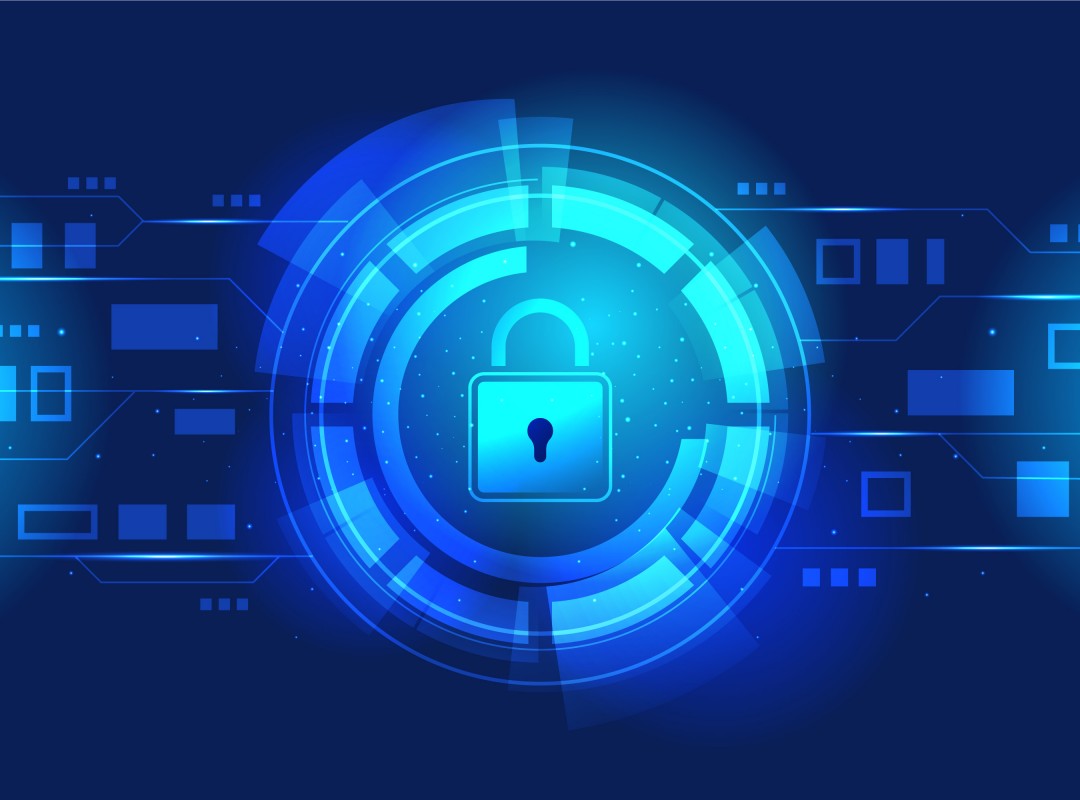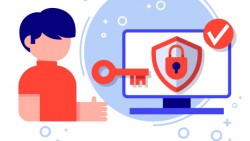
Keeping Your Website Safe: A Guide for Linxtter.com Customers
- Published : Mon, May 1, 2023 4:57 PM
- Updated : Mon, Jun 5, 2023 10:12 AM
- Category : Online security
In today's digital age, having a website is a must for any business that wants to stay relevant and competitive. However, just like any other digital asset, websites are vulnerable to a wide range of cyber threats that can put the website and the business at risk. To ensure the safety and security of your website bought from Linxtter.com, there are several measures that you can take.
- Keep your software up-to-date : One of the most effective ways to keep your website safe is to ensure that your website's software is up-to-date. This includes your content management system (CMS), any themes or plugins you have installed, and your server software. Outdated software can have vulnerabilities that cybercriminals can exploit, so make sure to install the latest updates as soon as they become available.
- Use strong and unique passwords : Passwords are the first line of defense for your website, so it's essential to use strong and unique passwords. Avoid using easily guessable passwords such as "123456" or "password." Instead, use a combination of letters, numbers, and symbols, and consider using a password manager to generate and store your passwords securely.
- Secure your website with SSL : Secure Socket Layer (SSL) is a security protocol that encrypts the data transmitted between your website and your visitors' browsers. Get SSL certificate installed on your website not only improves the security of your website but also improves your website's trustworthiness and search engine rankings.
- Backup your website regularly : Website backup is crucial in case of a security breach or a catastrophic event such as a server failure. Ensure that your backups are stored in a secure location and test your backups regularly to ensure that you can restore your website quickly and effectively.
- Use security plugins : Security plugins can add an extra layer of protection to your website by blocking malicious traffic, scanning for vulnerabilities, and monitoring for suspicious activity. Make sure to choose a reputable security plugin and keep it up-to-date to ensure maximum protection.
- Monitor your website's activity : Regularly monitoring your website's activity can help you detect and prevent security breaches. Keep an eye out for suspicious login attempts, changes to your website's files or database, and unusual traffic patterns. If you notice any suspicious activity, investigate it immediately.
- Protect your email accounts : Protect your professional email service by using strong and unique passwords, enabling two-factor authentication, and being cautious when clicking on links or downloading attachments from unknown sources. Consider using an encrypted email service or a virtual private network (VPN) to add an extra layer of security to your emails.
- Educate your team : Finally, educate your team on email security best practices. Train your employees on how to identify phishing emails, avoid clicking on suspicious links or downloading attachments, and report any suspicious activity.
Regularly remind your team to use strong passwords and enable two-factor authentication, and encourage them to report any security concerns or incidents immediately. Incorporating email security best practices into your overall website security strategy can help you prevent data breaches, identity theft, and other cybersecurity risks. Remember, email security is just as important as website security when it comes to protecting your business and your customers' data. By taking the necessary steps to secure your email accounts and educate your team, you can minimize the risk of email-based cyberattacks and keep your website and business safe.
In conclusion, protecting your website bought from Linxtter.com is critical in today's digital age. By following the tips outlined above, you can improve your website's security and reduce the risk of a security breach. Remember that website security is an ongoing process, so make sure to stay vigilant and keep your website's software and security measures up-to-date.
